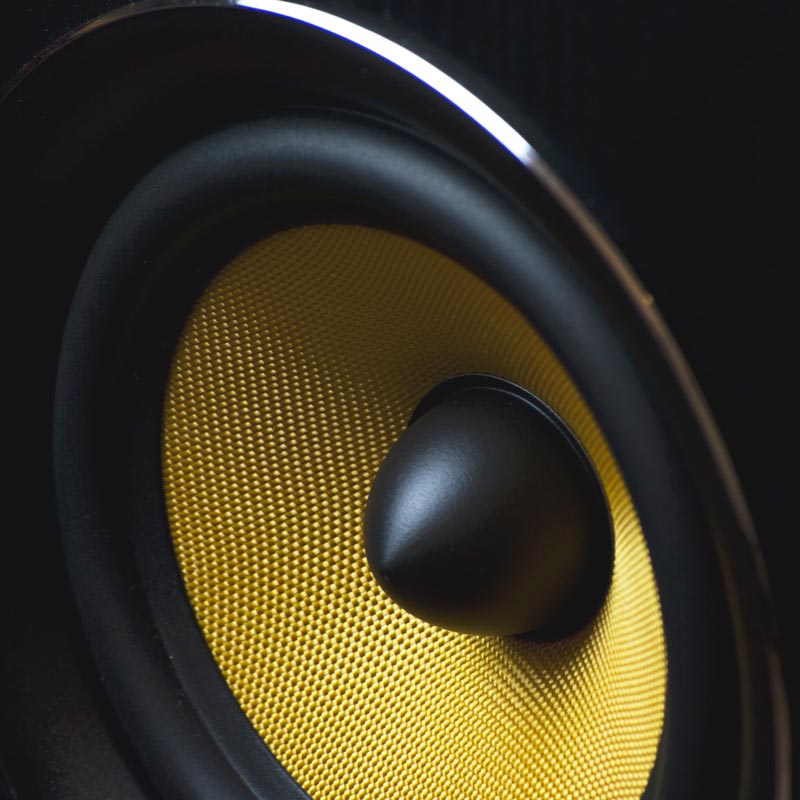CHINA STOPS EXPORT OF RARE EARTH METALS – We are in continuous contact with our suppliers in China and, in consultation with them, have concluded that HYAB is not affected by the export ban at this time.
Blog page
Recent Post

Published: 2025-05-21
Magnets in Restaurant Kitchens

Published: 2025-05-16
Global supply challenges and HYAB’s role

Published: 2025-05-13
Electromagnets – a more controllable magnet

Published: 2025-05-09
Magnetic filtration in the process industry

Published: 2025-05-06
Sheet metal handling – Easier with magnets

Published: 2023-03-01
![]() Daniel Gårdefelt
Daniel Gårdefelt
Magnets in audio speakers and headphones
Magnets are an important component in many modern audio systems, as they play an important part in the generation of sound waves. In this article...
Show more >
Showing 1 to 1 of 1 (1 Pages)

